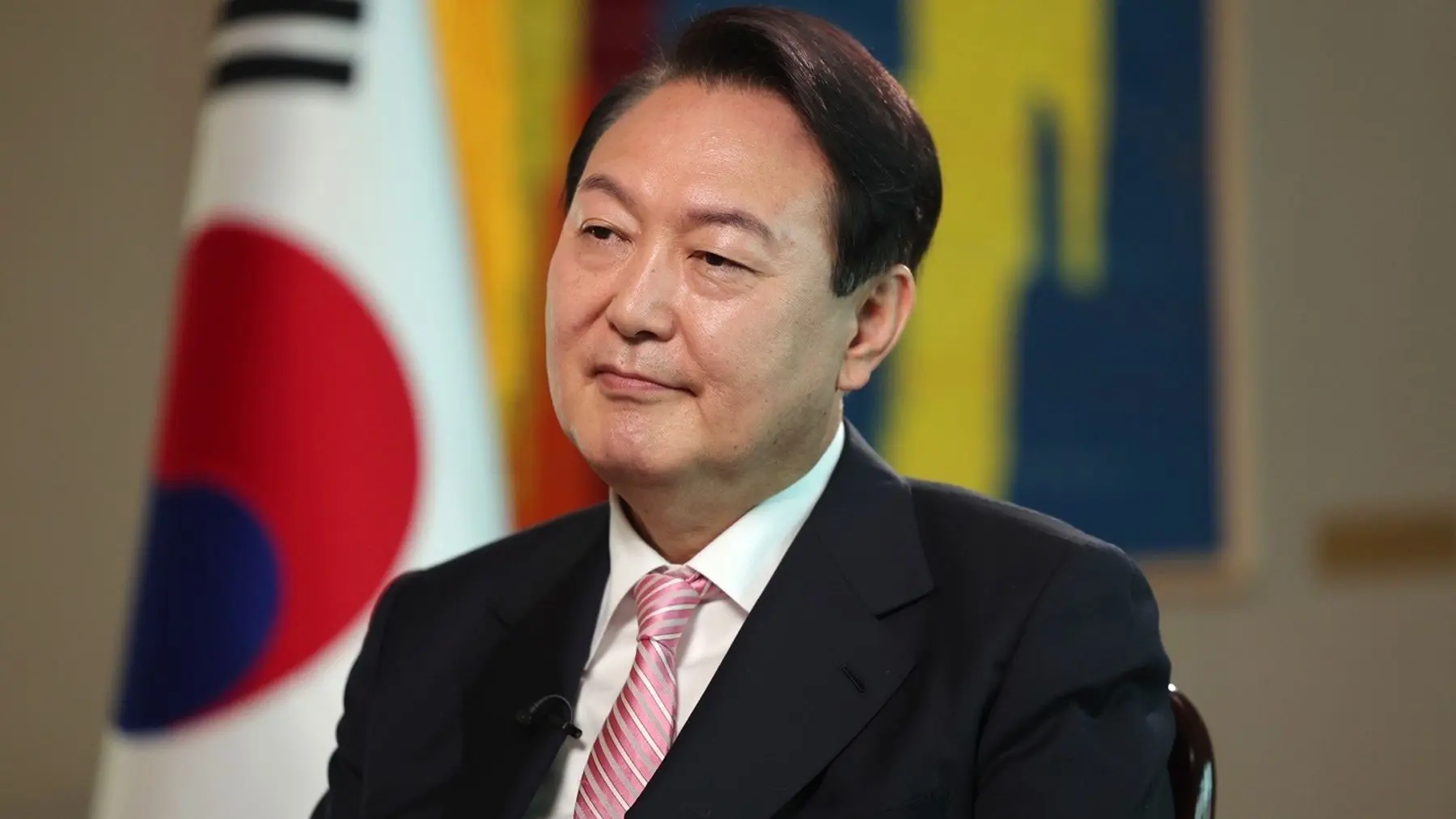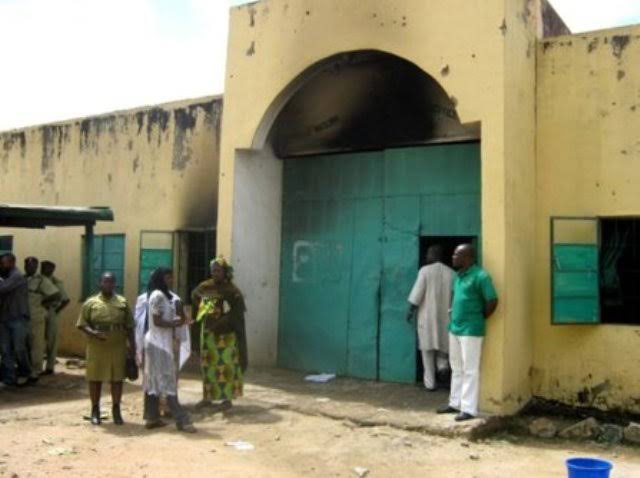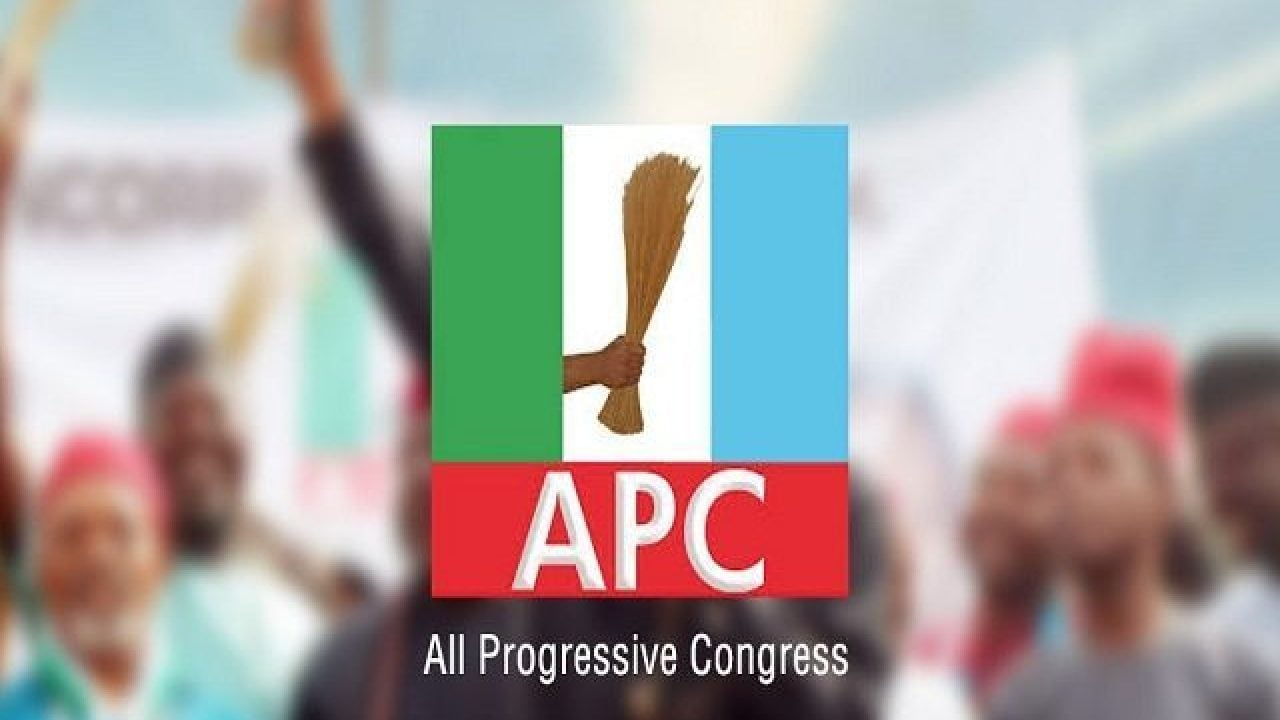Iconic cartoonist and the Chairman of Wale Adenuga Productions, Wale Adenuga, has said that contrary to many of the reasons adduced for streaming platform, Netflix’s recent decision to stop commissioning Nigerian movies, the real motive is much deeper.
In a statement titled, A Critique of Netflix’s Approach in Nigeria, Adenuga, who created the popular Papa Ajasco, stated that the company started its business operation in the country on a wrong footing.
He wrote, “I hate to do this, but you know what? We, the older generation, can’t stand it when lies are celebrated, and the truth is silenced.
“Yes, Netflix—along with other international, profit-driven platforms—came to Nigeria to test the market. But alas, after a short time, they packed up and took the next available flight back home.
“Was it Nigeria’s struggling economy? Not at all—many others are still making massive profits here.
“Was it the sharp practices of our greedy and opportunistic movie producers?
Once again, I say, ‘no way’. This was never—and will never be—the cause of their failure.
“The truth must be said— they built on a flawed foundation. The problem lies in the corrupted and poor selection process of movies.”
Adenuga further stated that Netflix and similar platforms based their acquisitions more on how famous and connected the producers were, rather than the creativity and quality of the films themselves.
Describing it as “a cult-like system”, the media entrepreneur lamented that “while those with mediocre understanding of stories and scripts were given jobs, the truly gifted filmmakers languished in towns and villages simply because they lacked the right connections”.
He argued that consequently, many of the films featured on Netflix were far from the best the country could offer.
Proffering solutions, Adenuga posited, “If Netflix—or any international platform—wants to acquire the best of Nigerian films, they must adopt a democratic and transparent selection process. Open the challenge to all Nigerian producers—male, female, rich, poor, the loud and the humble. Let them submit synopses of their work, coupled with —perhaps one-hour productions—and sift through them to find the best, the ones Nigerians would truly be proud of, and offer sponsorship.
“Let me remind them that a good movie that scores 90 per cent on storyline and 50 per cent on technicalities will be far more embraced by the Nigerian audience than a movie with a 90 per cent technical score but only 50 per cent on storyline.”

 3 hours ago
1
3 hours ago
1















 English (US) ·
English (US) ·